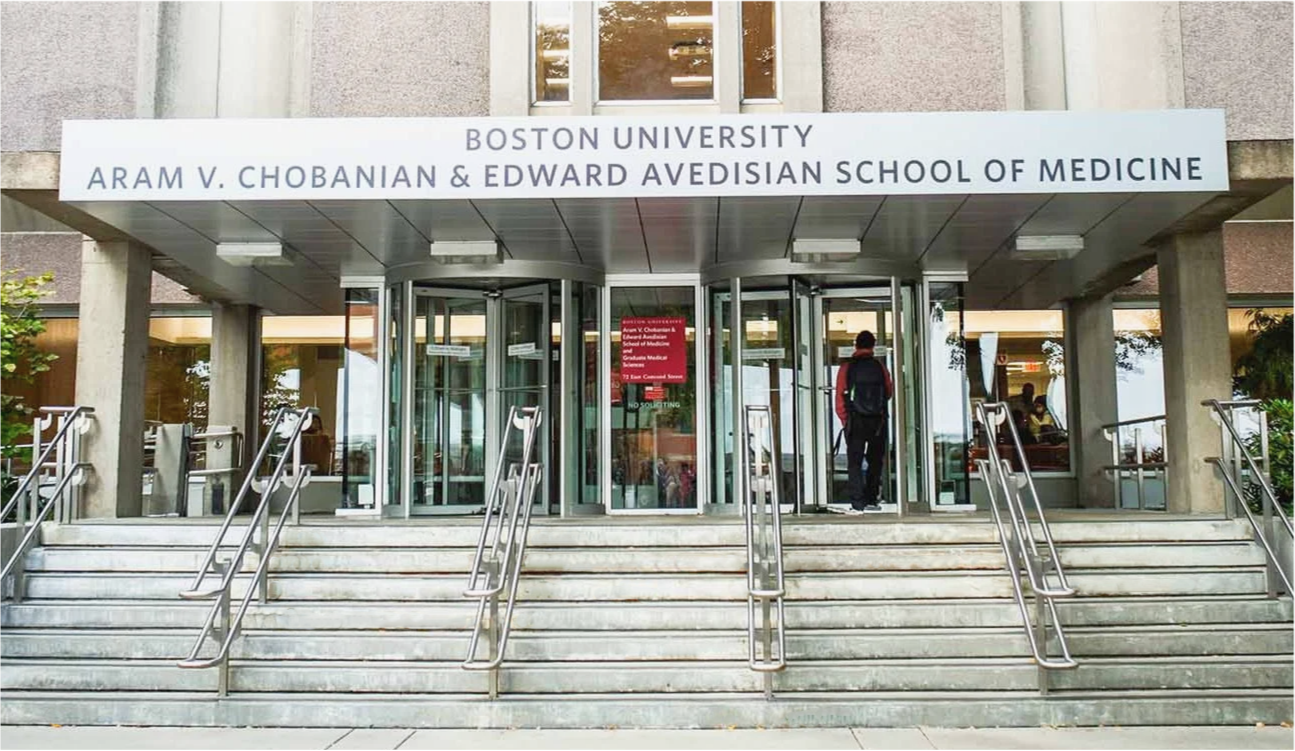Diversity, Equity & Inclusion
In collaboration with Leadership, our office sponsors various events, workshops and networking events for underrepresented students and faculty. We regularly partner with the Office of the Provost, Medical School and other medical campus Inclusion & Accessibility Offices to promote opportunities for our students, faculty and staff to participate in medical campus and University-wide workshops, lectures & training in support of a more inclusive learning environment.
In the summer of 2021, we launched the Community Catalyst Center (C3) with the goal of fostering holistic success for the diverse GMS student community. C3 helps students acclimate to Boston and the Medical Campus and adjust to the advancing academics of graduate school while gaining a sense of belonging early in the programs at GMS. This center welcomes all GMS students, including international, first-generation college graduates, students of color, LGBTQIA+, veterans and military-affiliated students, as well as students who are parents or those with disabilities. For more information, contact c3center@bu.edu
Additionally, our office partners with GMS Professional Life to provide career guidance and mentorship for our students. We also support students across various underrepresented groups on campus, and encourage participation in student-led activities. For more information, contact gmssa@bu.edu
